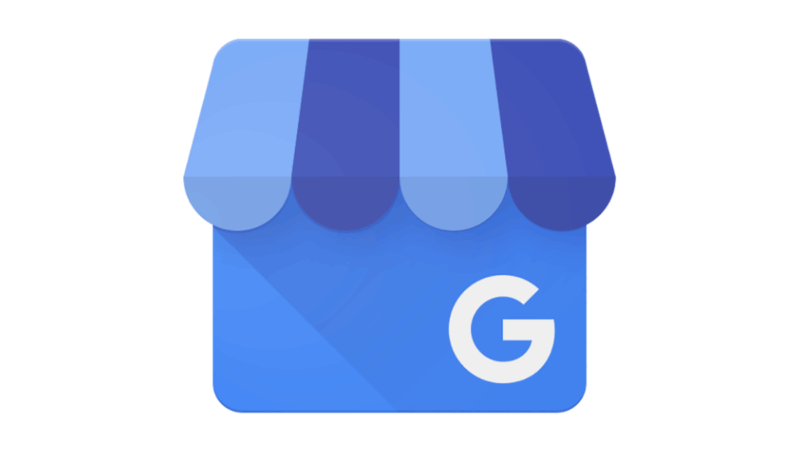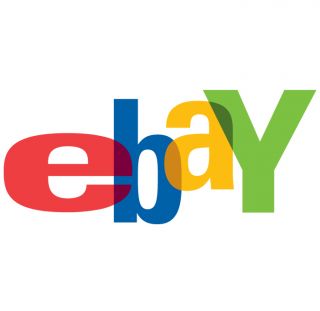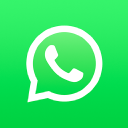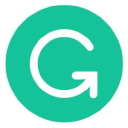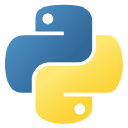On Starting A STEM School Workshops And Speaker Services Business
Hello! Who are you and what business did you start?
My name is Vidura. I’m a qualified Aerospace engineer, dancer, and speaker. I run an educational startup delivering Science, Technology, Engineering, and Maths Workshops (STEM) workshops in schools as well as delivering speaking engagements. All our engagements are mixed with dancing for entertainment and delivered by professional artists.

We have 11 STEM workshops covering a wide range of curriculum-based topics from renewable energy, biology to coding and robotics. Our main customers are schools. Our speaking engagements cover 4 areas. These are careers in STEM, sustainability, graduation events, and motivational speeches.
Over the last year, we reached over 5,000 students through our school workshops and speaking engagements alone. We were on course to deliver more engagements this year and hope to resume after the...





